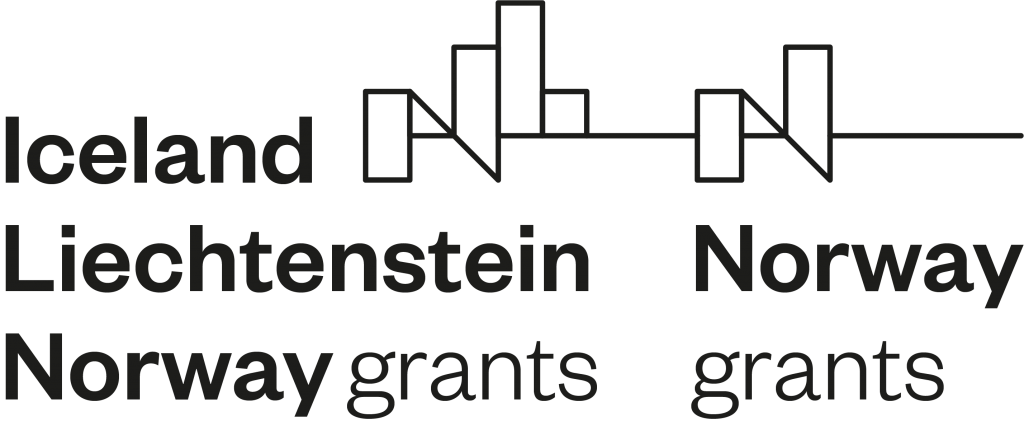CoSky - Polish-Norwegian bilateral initiative for increased efficiency of use of drones in civil protection
Key information:
- Budget: €150,000
- Duration: October 2024 – February 2025
- Partners: CIK CBK PAN, DSB, Tiepoint
Scientific advances as well as fast-evolving drone technology and its applications have today become indispensable in all phases of the disaster risk management cycle. The overall aim of the proposed initiative is to facilitate the operational use of drones for crisis management purposes in Poland and Norway, by exchanging practical experiences and sharing knowledge related to two main thematic areas: good practices in complex air operations (with the participation of drones and human-operated aviation) and generating and sharing maps based on data obtained from drones, with a view of establishing longer-term cooperation between Poland and Norway in those areas. The initiative is focused on the objectives and areas of support under Program Area 23 – Disaster Prevention and Preparedness. Ensuring effective use of UAVs for civil protection represents an important goal consistent with Polish civil protection policies, particularly as rapidly increasing number of such systems are used by the Polish State Fire Service and other services and institutions involved in crisis management. Furthermore, the use of drones for civil security is clearly identified as one of priorities by EU Drone Strategy 2.0 released in November 2022.
In Poland the Polish Air Navigation Services Agency and the Crisis Information Centre CBK PAN in cooperation with the State Fire Service have undertaken a series of activities to develop and validate an innovative model enabling safe and effectively coordinated flights by both types of aviation during crisis operation. This model introduces the roles of Air Operations Coordinator and Flight Manager who are supported by the dedicated “Search & Help” IT system enabling efficient communication with UAV pilots. The proposed solution has been successfully demonstrated and validated during large civil protection exercises and has been already partially implemented into the fire service operational procedures. The activities carried out within the proposed project will allow collection and comparison of good practices in the field of complex air operations (with the participation of drones and human-operated aviation) in PL and NO and development of joint conclusions based on the experience of both parties.
A spectacular example of operational use of rapid drone mapping was the landslide in Gjerdrum in December 2020, which highlighted the need for efficient mapping solutions for crisis management. Within 18 hours of the landslide, the first 3D map collected by UAV was made available on a cloud platform. Drones and other UAS (unmanned aerial systems) can collect vast amounts of data through multiple sensor payloads (for instance aerial imagery, videos, LiDAR scans, thermal imaging), acting essentially as sensors in the sky. For enhancing applications vital to emergency response, such as situational awareness and monitoring, the pivotal elements lie in analysing and sharing the collected UAS data.
Within CoSky a dedicated web course (e-learning course) will be drafted to teach UAV mapping for crisis management, targeting both decision-makers and drone pilots. Content will be available in English, Norwegian, and Polish, with AI-assisted translations verified internally.
The initiative also aims at the analysis of the optimal method of implementing systemic solutions in both thematic areas and preparation of roadmaps, with particular emphasis on the possibility of further bilateral cooperation between Poland and Norway. The project will contribute to exchanging of knowledge between Poland and Norway, increasing strategic cooperation and maintaining established networks. The final outcome of the project will be a three-year roadmap outlining the development directions for air traffic management (ATM) and UAV mapping in Poland. This document will include perspectives for further bilateral cooperation with Norway and recommendations for implementing new technologies and practices within the framework of the Union Civil Protection Mechanism (UCPM) The results of the CoSky project will be presented during a dedicated conference in February 2025 in Warsaw.









